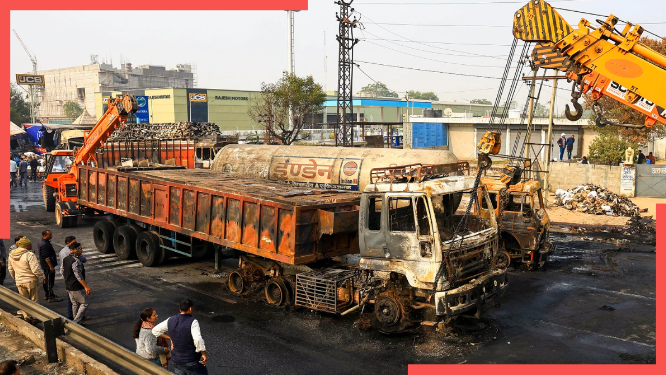
The death toll in the tragic Jaipur highway explosion has climbed to 14, with two more victims succumbing to their injuries. The explosion, which occurred on a busy stretch of the Jaipur-Delhi highway, left several injured and caused extensive damage to vehicles and nearby structures. As investigations continue, authorities are piecing together the sequence of events that led to the disaster.
Prime Minister Narendra Modi expressed his condolences to the victims’ families and announced an ex gratia payment of ₹2 lakh for the deceased’s families and ₹50,000 for the injured.
The Tragic Incident
The explosion took place late in the evening near Shahpura on the Jaipur-Delhi highway, causing chaos and panic among commuters. Witnesses reported a loud blast followed by flames engulfing several vehicles.
Key details include:
- Immediate Casualties: Initially, 12 people were confirmed dead at the site, with several others critically injured.
- Rising Toll: Two more victims succumbed to their injuries in the hospital, bringing the death toll to 14.
- Extent of Damage: Multiple vehicles, including a gas tanker suspected to be the source of the explosion, were destroyed. Nearby buildings sustained damage from the blast’s impact.
Relief Measures Announced
In a post on X (formerly Twitter), PM Modi expressed grief over the incident, stating:
“Deeply saddened by the loss of lives in the Jaipur highway explosion. My thoughts are with the bereaved families. Prayers for the injured.”
The Prime Minister announced financial relief:
- ₹2 Lakh: Compensation for the families of the deceased.
- ₹50,000: Financial aid for those injured in the incident.
Ongoing Investigations
Authorities are actively investigating the cause of the explosion. Preliminary findings suggest:
- Gas Tanker Involvement: The explosion is believed to have originated from a gas tanker transporting liquefied petroleum gas (LPG).
- Technical Malfunction: A possible leak or technical fault in the tanker could have triggered the blast.
- Road Safety Concerns: Questions have been raised about the adherence to safety protocols for transporting hazardous materials.
A senior police officer stated, “We are conducting a detailed probe to ascertain the exact cause. Safety lapses, if any, will be addressed to prevent future incidents.”
Impact on Commuters and Residents
The explosion disrupted traffic on the Jaipur-Delhi highway for hours, causing inconvenience to thousands of commuters. Rescue operations continued late into the night as emergency services worked to control the fire and retrieve victims.
Local residents expressed shock and grief:
- Eyewitness Accounts: Many described the harrowing sight of flames and injured individuals seeking help.
- Community Support: Local volunteers provided food and water to stranded commuters and emergency workers.
Safety Concerns Raised
The incident has reignited concerns about road safety and the transportation of hazardous materials. Key issues include:
- Transport Safety Standards: Ensuring strict compliance with safety protocols for vehicles carrying flammable substances.
- Emergency Preparedness: Improving response times and resources for highway accidents involving hazardous materials.
- Awareness Campaigns: Educating drivers and companies about safe handling and transport practices.
Steps Forward
In light of the tragedy, authorities are expected to:
- Conduct thorough safety audits of vehicles transporting hazardous materials.
- Implement stricter regulations for highway safety.
- Enhance monitoring and surveillance systems on major highways to detect potential risks early.
Conclusion
The Jaipur highway explosion serves as a tragic reminder of the importance of road safety and strict adherence to transportation protocols. As families mourn their loved ones and survivors recover, the focus must shift to ensuring such incidents are prevented in the future. Government initiatives and public awareness will be critical in addressing safety gaps and fostering a safer environment on India’s highways.

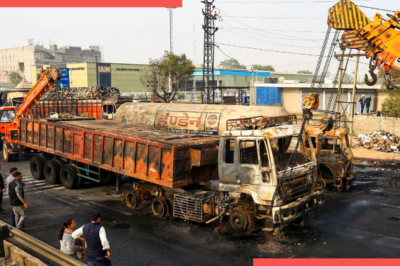




























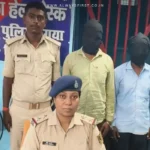
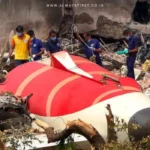


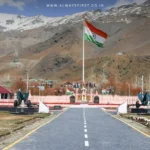






Leave a Reply